








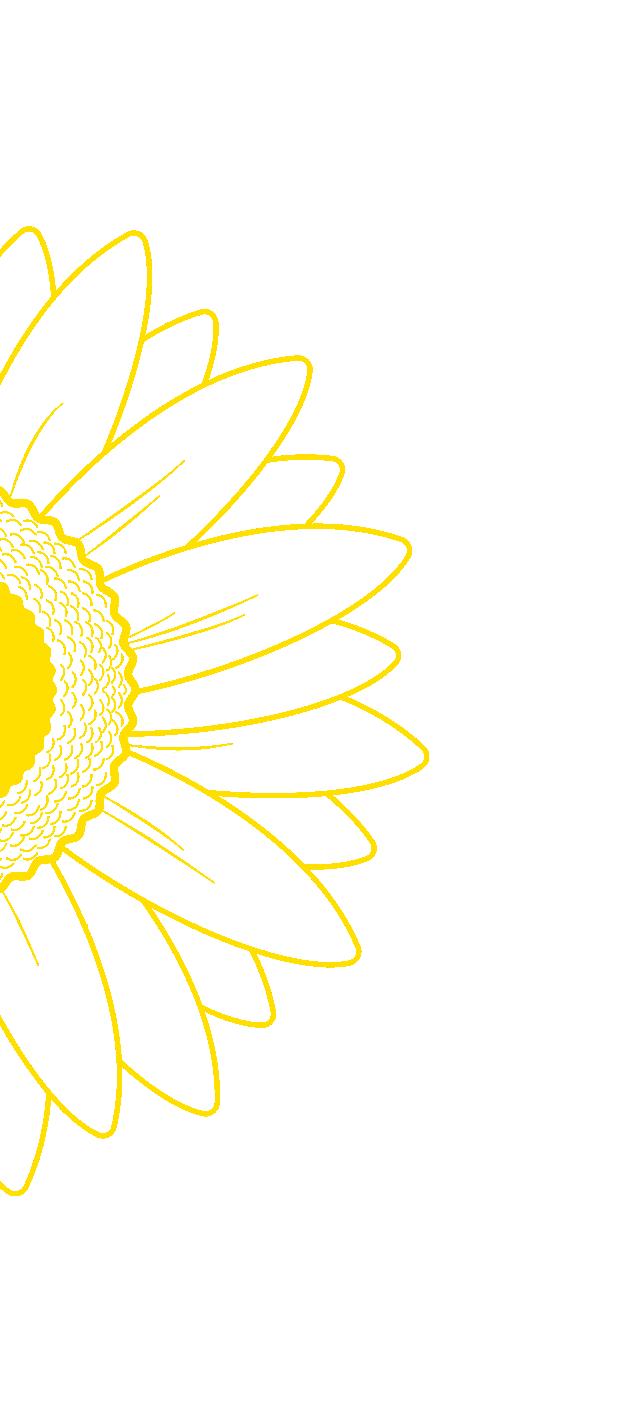
Welcome to the summer issue of On The Level. I’m honoured to have been asked to take over as Editor as Kirstin moves onto an exciting new chapter in her life. Summer often feels like a good time to make some changes, but it can also be a peak season for episodes of mania and hypomania, which is why we’ve decided to focus on ‘support for all’ in this issue.
As we all know, support comes in many shapes and forms, and it’s never a ‘one size fits all’ scenario. Sometimes, there is support out there that we aren’t aware of or believe that we’re not eligible for. During recent peer support group meetings, a particular grey area that kept cropping up was disability benefits, so we asked Social Security Scotland to clear up a few misconceptions to make sure you are getting the help you need to cope with the extra financial burden that often comes with having a disability. Because mental health conditions are considered a disability and you can claim, whether you work or not. Have a read and make sure you’re getting the financial support you’re entitled to.
Without the selfless support from our fantastic staff, volunteers and fundraisers, we simply couldn’t do the work we do to support the thousands of people living with bipolar in Scotland. That’s why we’re turning the spotlight on our new Fundraising Manager, Marie Tiffoney, to ask about her upcoming fundraising plans and how you, our members, can get involved. We’re also on the lookout for a new Trustee to join our board – our CEO, Jayne Laidlaw, has all the details on page 8.
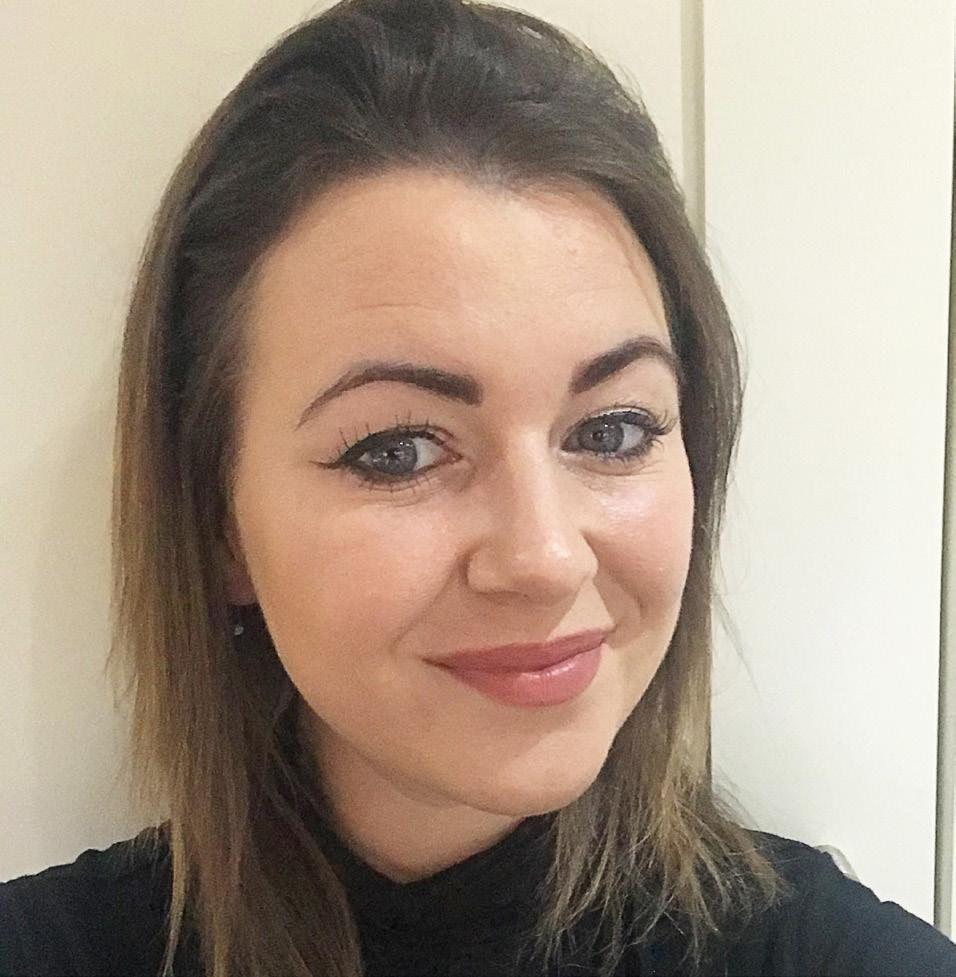
Meanwhile, over in Research Corner, our expert friends from the University of Edinburgh share their findings on which screening tests are appropriate for diagnosing bipolar disorder in young teens and adults. Those of you who have experienced screening tests at a young age or are supporting a child or young person through the process may have your own thoughts on what is and isn’t effective, and we’d be interested to hear your thoughts and feedback.
We love to receive your comments and contributions, and welcome your articles, ideas, stories and poems. If you have something you’d like to share with On The Level, please email editor@bipolarscotland.org.uk with the subject line ‘On The Level’. Our next edition will be out on Wednesday 25th



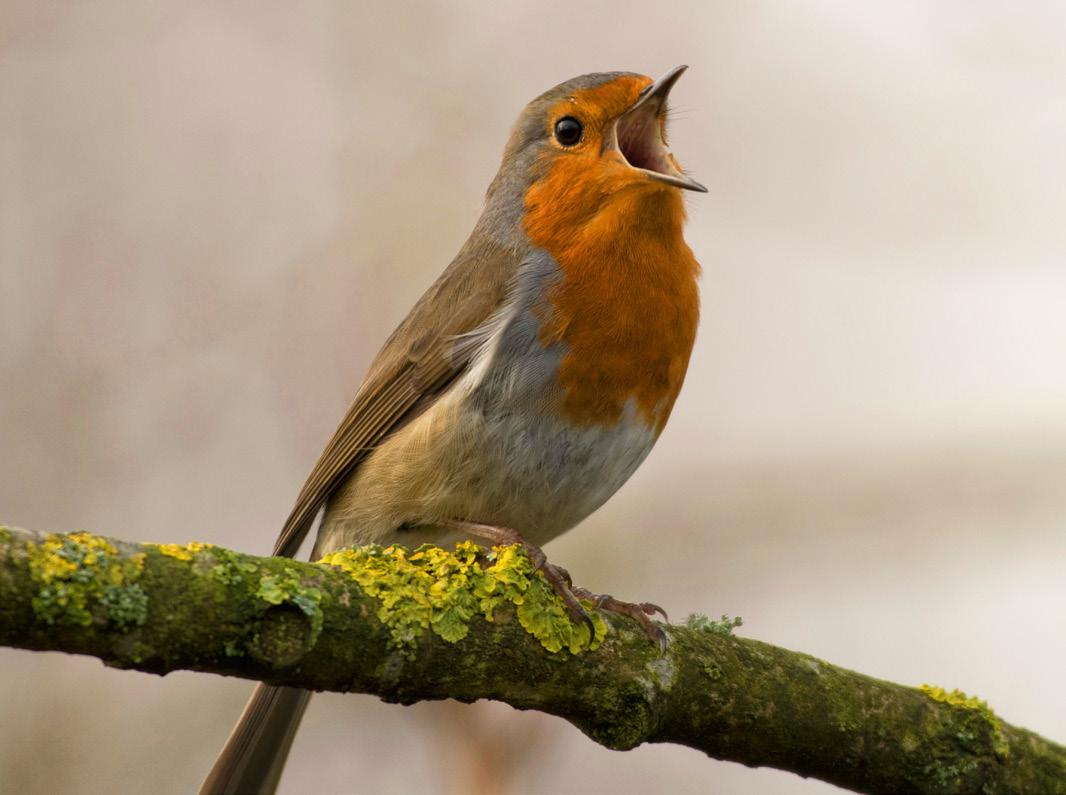

Learn more about bipolar screening in kids and teens in Research Corner.

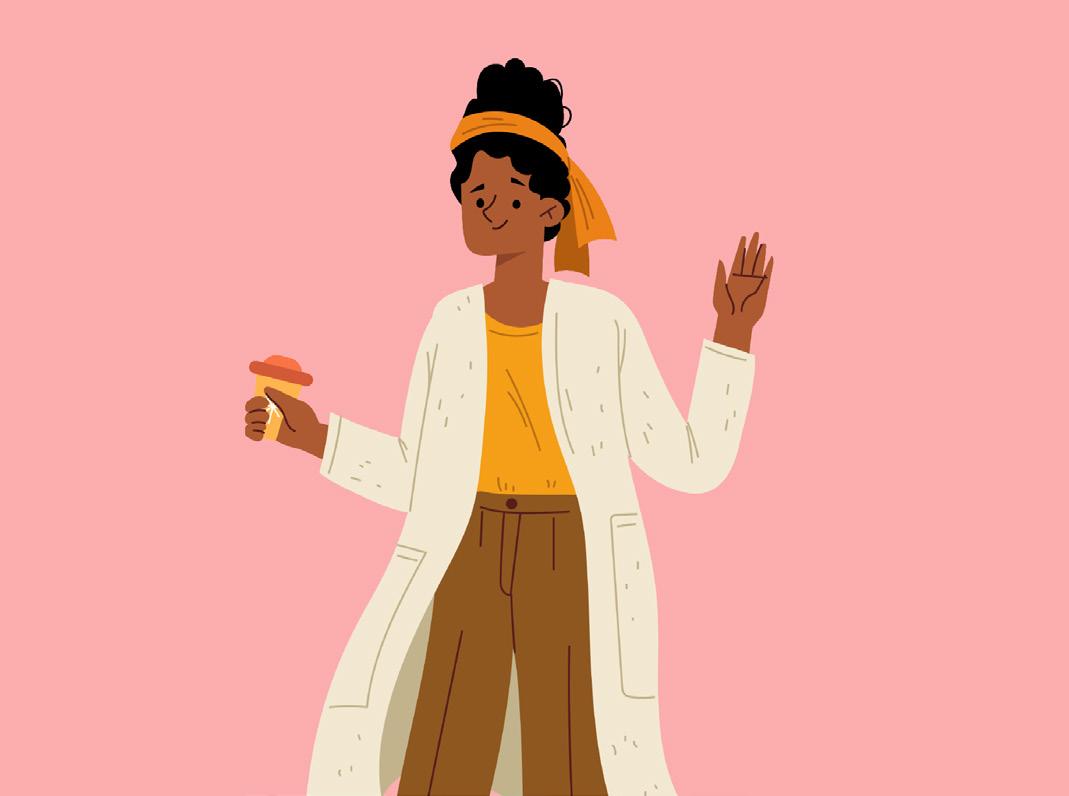
Edited by Jamie Stewart and Sian Dolan
Please note that the views and opinions expressed in On The Level are not necessarily those of Bipolar Scotland.
Submissions: If you would like to submit a piece of writing, a photo or an idea to be considered for future issues of On The Level, please get in touch with Sian Dolan (editor@bipolarscotland.org.uk)
We would also love your feedback about On The Level. Send us an email or reach out to us on social media. You can find us on Instagram (@bipolar_scotland) and Facebook (@bipolarscotland)
©Bipolar Scotland 2024 Scottish Charity No. SC021705 Company No. 163305
T: 0141 560 2050 E: info@bipolarscotland.org.uk bipolarscotland.org.uk
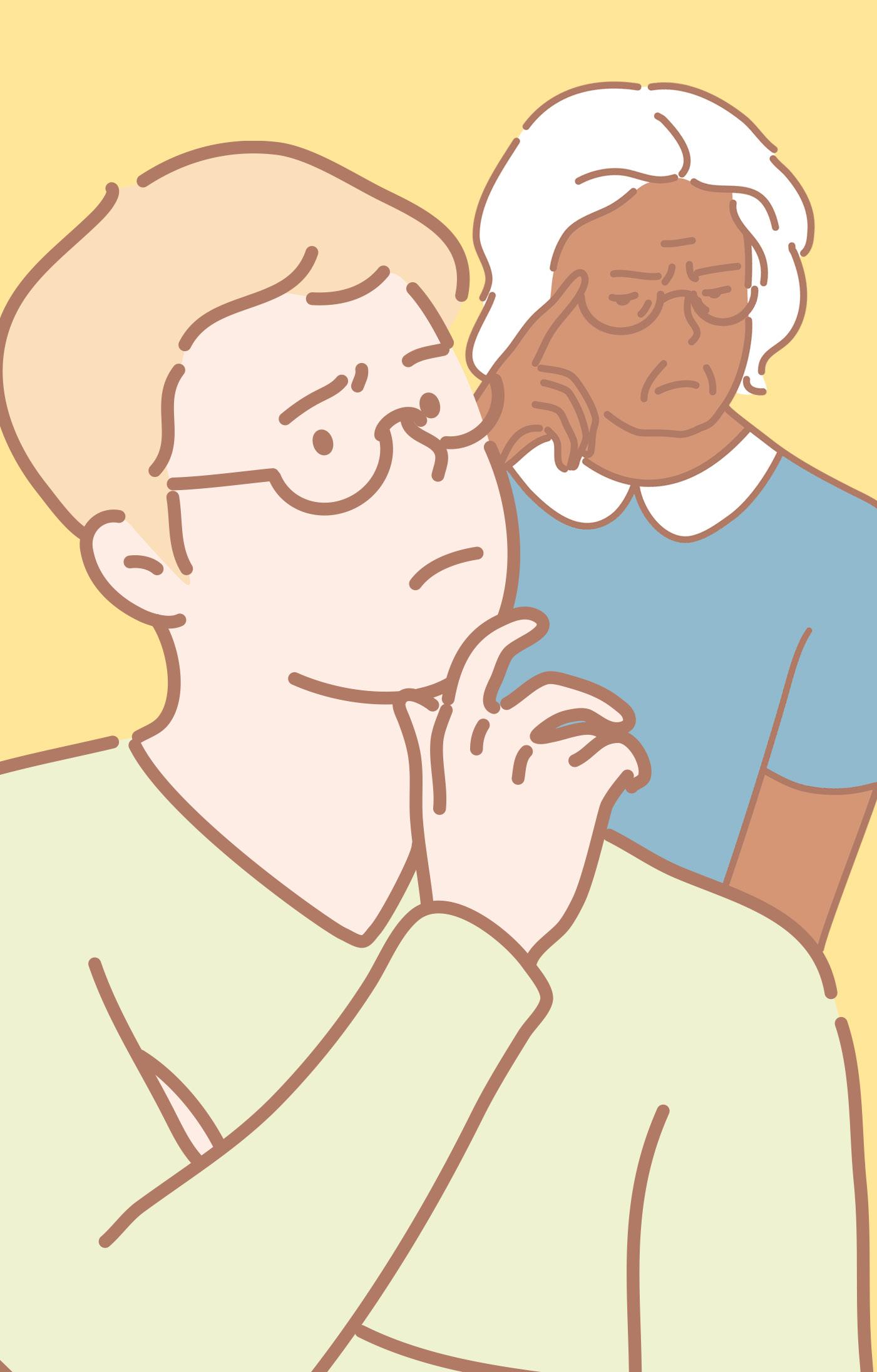
MYTHBUSTERS: Disability benefits for bipolar.

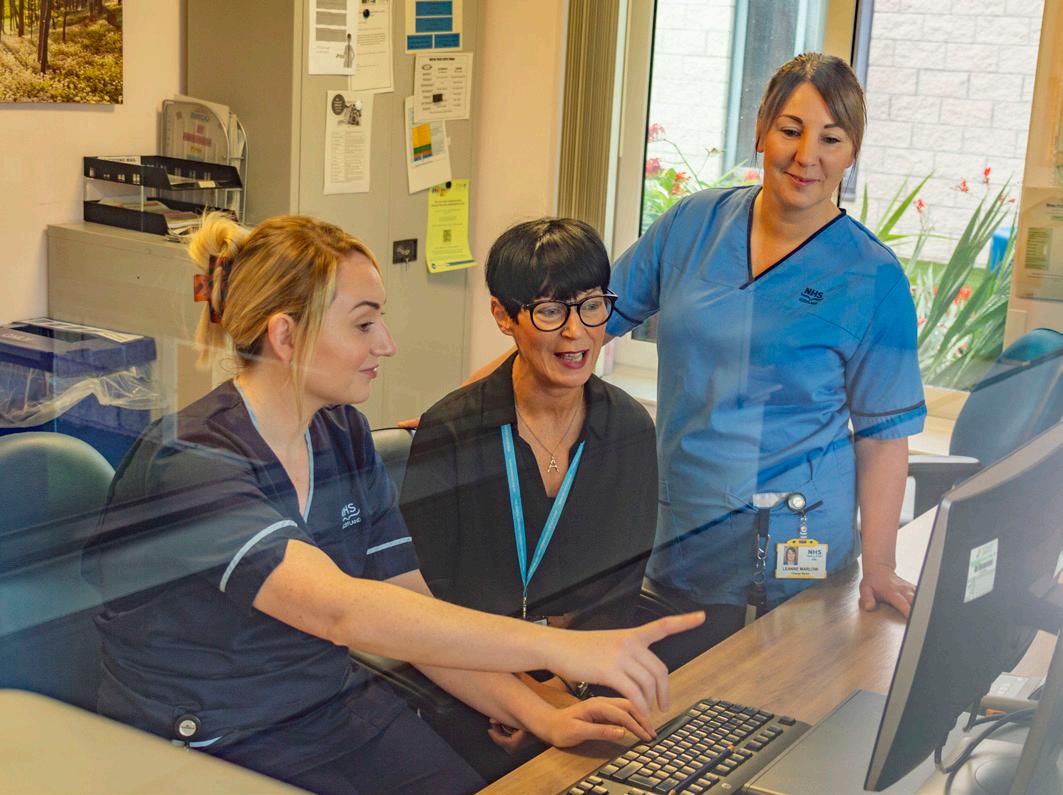










There are still some spaces available for our upcoming in-person, selfmanagement training course in Glasgow city centre on Saturday 24th & Sunday 25th August, 10am-4pm (lunch included). This two-day course has been designed to help introduce the principles of self-management to anyone living with bipolar.
You’ll join up to 11 other participants to explore what bipolar means for you, learn new self-management tools and strategies, and feel better able to plan for the future and take back control of your life. It is important to be aware that there is a large discussion and participatory element of this course. With this in mind, we ask that participants feel in a robust enough place in their recovery to engage
VOX (Voices of eXperience) Scotland are interested in finding out what adults with recent experience (in the last five years) of care under one or more psychiatrist(s) in Scotland think about the quality and continuity of care they have received. The survey responses will help to identify any common issues, good practice and any particular geographical areas and groups with certain experiences. Your views will help VOX Scotland advocate for any changes needed and improve areas of good



fully in discussions about bipolar and challenges related to self-management.
The course is free and is exclusively for people living with bipolar and registered as a BPS member. Venue details will be provided after registering – book your place here: https://bipolarscotland.org. uk/self-management-training/

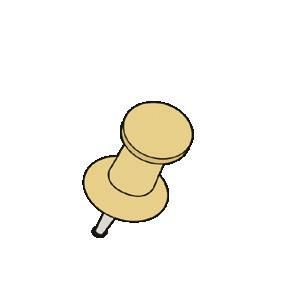
The questionnaire is for adults (aged 18 or over) with experience of care under one or more psychiatrist in Scotland in the last five years: https://fe3f3zzl3jq.typeform. com/to/YPYeuIzS
The questionnaire will be open until Monday 5th August (closing at midnight Sunday 4th August)



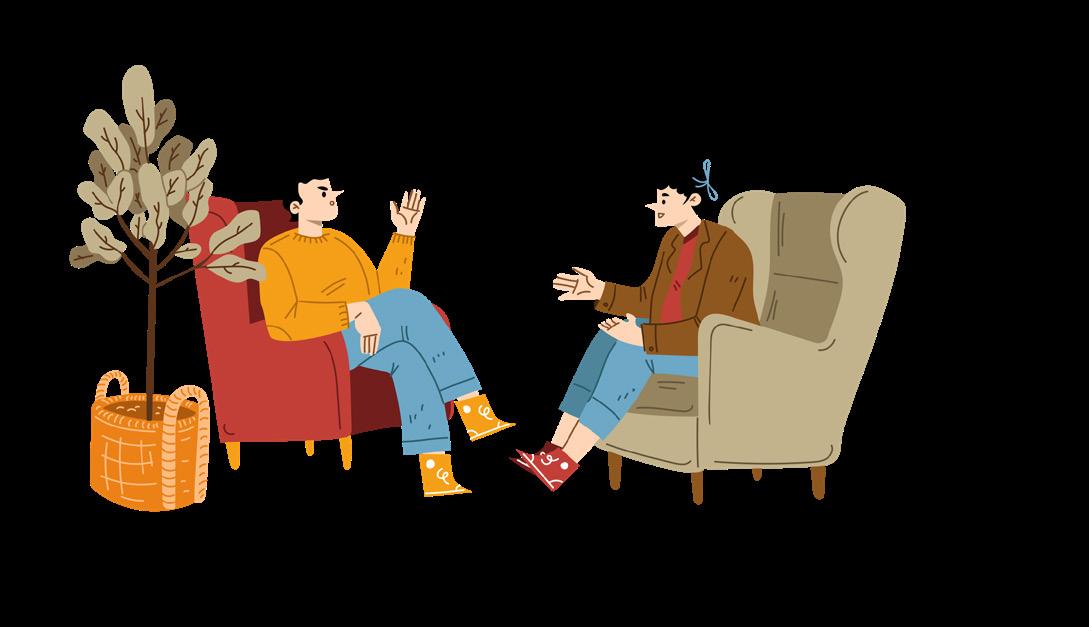




Now that summer is here (despite the weather suggesting otherwise), it’s a good time to recognise that late Spring/early Summer is peak season for episodes of mania and hypomania. Using a mood scale can help you keep on top of things, making it easier to

Hidden Strength is a secure, interactive portal where young people can access self-management tools, advice and educational content covering all areas of mental and physical health. The app is free to download and available to all young people aged 13-24, giving them access to:
• Qualified therapists for free chatbased therapy
• Support guides and tools for better wellbeing
• Educational content
• A completely private and supportive environment
Young people can access therapy at the touch of a button – no lengthy waiting times, no cost, and no judgement. Users can explore hundreds of self-help guides covering topics such as bullying, eating disorders, self-harm, bipolar, anxiety and stress, and track their daily moods in the handy Journal function. The Hidden Strength app is available to download here:








Apple Store: https://apps.apple.com/gb/app/hidden-strength/id1565180829
Google Play Store: https://play.google.com/store/apps/details?id=com.hiddenstrength.app












identify your patterns and triggers, and spot early warning signs to avoid getting too high. Our friends at Bipolar Edinburgh will happily post you out a free Mood Scale (available in English and Ukrainian) – visit https://www. bipolaredinburgh.org.uk/category/allproducts to order yours.
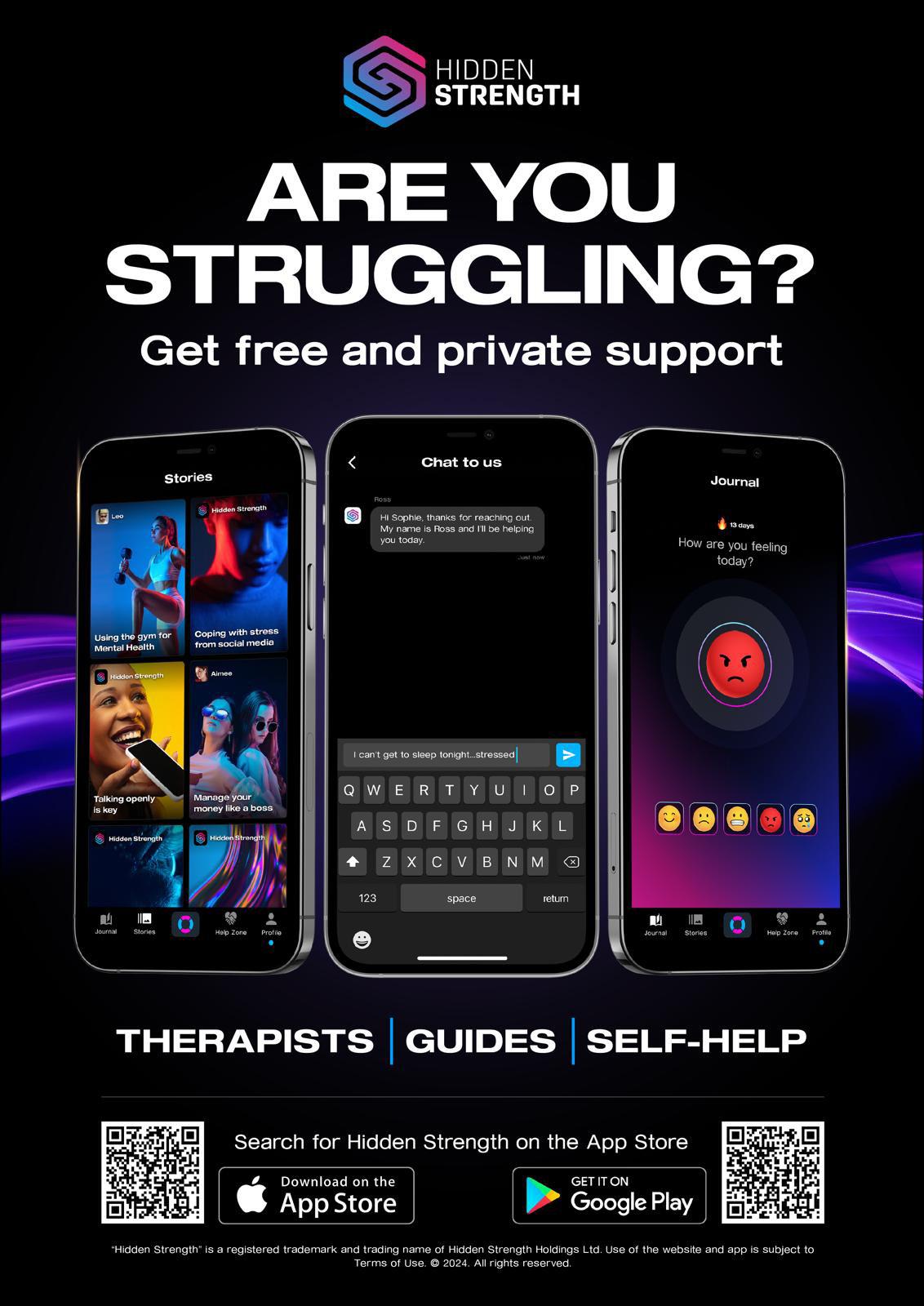

Hidden Strength also offers support guides for parents and carers of young people who are struggling with their mental or physical health. Visit https://hiddenstrength.com/parents/ to learn more.





by David Carr
he 11th century Iranian philosopher and physician, Ibn Sina, also known as Avicenna, compiled the ‘Canon of Medicine’ – a summary of everything that was known about medicine at the time. It remained the standard medical text for over 500 years.
Ibn Sina took an interest in the illnesses of the mind as well as of the body. He has been called by some the “father of psychiatry”. The Canon described various mental health conditions – including what we today might recognise as bipolar disorder.
For disorders of the mind, Ibn Sina’s prescription included allowing sufferers to rest in a tranquil courtyard, with fountains and birdsong… for me – it’s mainly the drugs that work. But I’m sure that I’d have benefited from such an enlightened approach during my various crises.
Nowadays, modern medicine has superseded such mediaeval fancy. Nae fountains or birdsong on the NHS! Which only provokes the question – why not? We tacitly accept that the mental healthcare standards of 11th century Iran are unattainable. So, are contemporary mental health wards (which aren’t horrible, as such) perhaps a step behind Ibn Sina?
Affordability is, of course, key. To deliver fountains and birdsong to all who need them would take a massive reordering of the economic underpinnings of our healthcare system, and of society as a whole. But what if we did decide to reshape society to the benefit of mental

health – not only for those with diagnosed disorders, but for all? This would go beyond making hospitals a bit nicer. It would mean tackling some of the root causes of mental illness.
Mental ill health is proliferating. We live in an age where anxiety and depression have reached epidemic levels. At the same time, those with particularly severe illnesses, such as bipolar disorder, tend to find themselves in lower socioeconomic tiers.
A biopsychosocial model of mental ill-health recognises the interactions between biological factors – genetics, neurochemistry, psychology – our thoughts and feelings; and social factors –the way our society operates and our roles within that.
We tend to focus on the biopsycho-aspects, while knowing full well that things like financial stress, poor jobs and housing issues contribute hugely to poor mental health. Much of how we run our society is making us ill. Neither drugs nor talking therapies alone can fix that. They can only paper over the cracks.
From a naked, financial perspective, this doubly hits the bottom line. Not only are the mentally unwell less productive, but some of them are burdens on the welfare state. The response to this has not been to strive for a healthier society by improving our economic circumstances. Instead, it has stimulated political attacks on ‘sick note culture’ by which it is intended to shame and starve those debilitated by mental illness back to work.

A long-standing political tactic has been to play to negative public stereotypes (the media come in useful here) of the shirker or the “snowflake”. Disparaging tropes are used to deny the reality of mental illness. There seems even to be an acceptance that poor mental health is simply part of the human condition, just as we accept the brute realities of economics. To use Thatcher’s phrase: “There is no alternative”.
The way our society works at the moment requires a disconnect between our economic and spiritual lives. “The precise and correctly applied term for this is ‘alienation’”, said Glasgow hero, Jimmy Reid, “It is the cry of those who find themselves the victims of economic forces beyond their control.” Alienation underlies much mental ill-health. It brings with it a sense of self-estrangement, an absence of social support, or meaningful social connectedness.
with nature. We are hampered in our ability to be fully human by the character of our society and our economy. It is no wonder so many of us struggle.
Now, some mental health conditions do have a strong biological component to them. I would not suggest that bipolar disorder is simply an economic malaise. But the things we could do to help are just the sort of things that we need to do anyway – for the sake of public health. An economically healthy society would look after those who are mentally unwell, while providing the conditions that stop others from falling ill in the first place.
I’m arguing here for something quite radical – a happier society. So, what is to be done?
“Be realistic - demand the impossible!” reads the graffiti of the French Situationists. Only a dreamer would

What if we did decide to reshape society to the benefit of mental health – not only for those with diagnosed disorders, but for all?
We’re looking for someone with experience of senior leadership in fundraising or business development or an experienced charity leader to join our Board of Trustees. If you, or someone you know, has been a Director of Fundraising, Managing Director, charity CEO or similar, we would love to hear from you!
You’ll be joining a friendly, skilled and knowledgeable Board who have expertise in a variety of disciplines, including law, finance, academia, business and strategy. Most of our Trustees have lived experience of bipolar. If you also have lived experience of mental illness your expertise and insight will be welcome.
Our Board meets in person four times a year, including our AGM. Meetings last between 2-3 hours, and Trustees spend a few hours reading reports and financial documents circulated in advance. The average monthly time commitment is 2.5 hours.
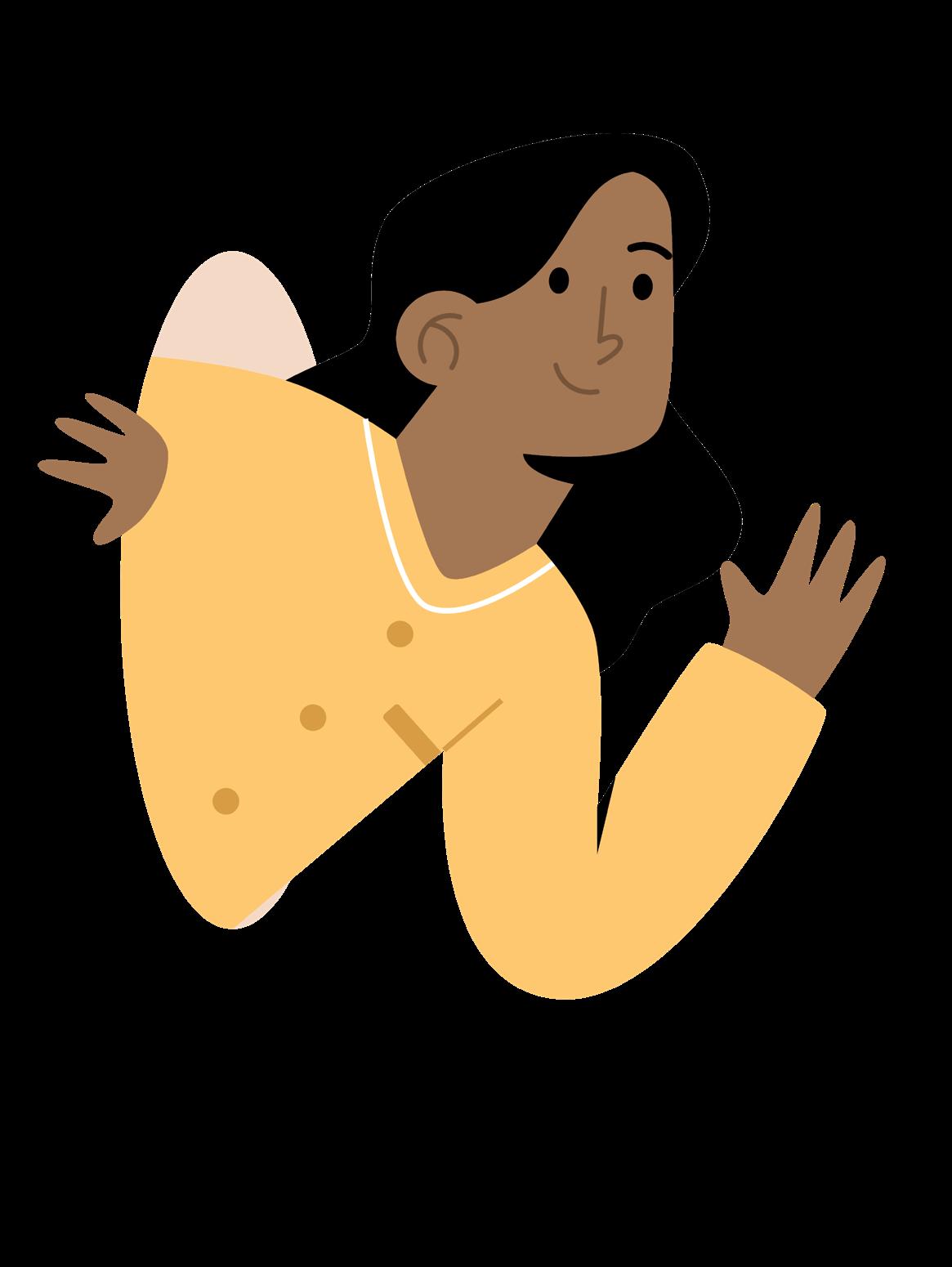

Good governance is a critical component of running any charity and you’ll play an important part in ensuring our ongoing success by contributing to our strategic direction, overseeing risk, and ensuring financial probity. The role is interesting and sometimes complex and would be a fantastic opportunity for someone eager to expand their knowledge and discover new ways to make a difference.
The role of Trustee is unremunerated, but we do reimburse out-of-pocket expenses. If you, or someone you know, would like to arrange an informal chat to find out more before applying, please contact me directly.
Very best wishes, Jayne.
Jayne Laidlaw, CEO Bipolar Scotland jaynel@bipolarscotland.org.uk
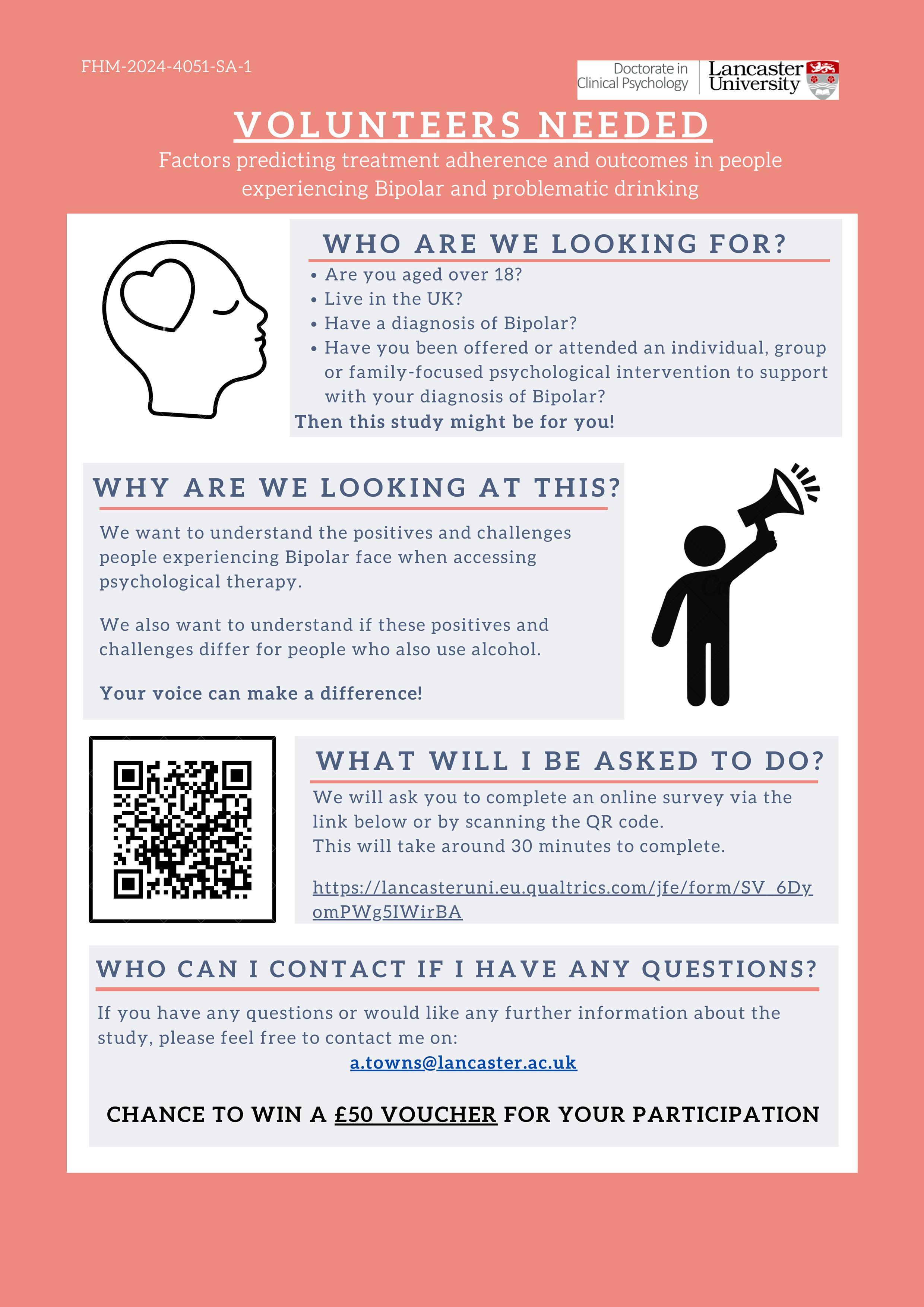

Meet Marie Tiffoney, Bipolar Scotland’s new Fundraising Manager!
What brought you to Bipolar Scotland? Before joining the Bipolar Scotland Team in April 2024, I worked for Quarriers, a Scottish social care organisation, in several fundraising/business development roles. My seven years there really cemented my love of working within the third sector and my passion for income generation.
I came across the role at Bipolar Scotland and was intrigued as it seemed like a great opportunity to apply my fundraising knowledge and skills to a new challenge within an organisation that has such a positive impact.
What do you hope to achieve as Fundraising Manager?
My goal is to create and implement a robust and sustainable fundraising strategy, generating income to continue the amazing work of Bipolar Scotland but also to expand and pilot new projects.
What does a typical day as Fundraising Manager look like for you?
What I enjoy most is that there is no such thing as a ‘typical day’ in fundraising. I could spend my morning researching funding opportunities, writing applications/reports, engaging with community fundraisers, or attending funder events. There is a lot of variety in the work, which I love!
What fundraising plans do you have for the future?
I’ve been working on some grant funding applications over the last few weeks for some great projects and I’m currently looking at upcoming third-party events to share with members in case they
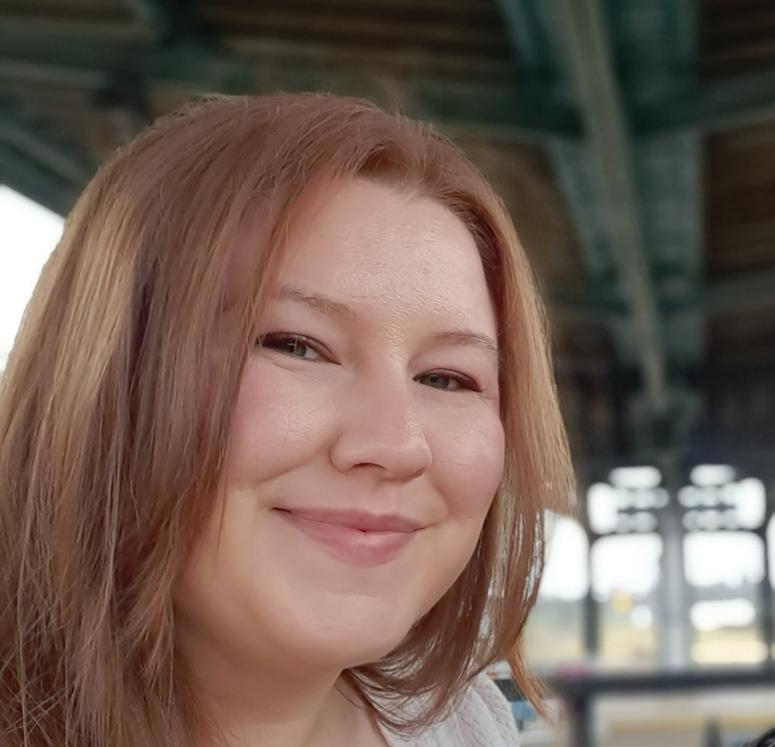

want to sign up to fundraise in aid of Bipolar Scotland. Some members and their families are already signed up to fundraise for Bipolar Scotland by getting sponsorship for taking part in amazing events such as The Kiltwalk, 10k races, marathons, and half marathons. Thank you all so much!

If anyone is interested in signing up for any event, please do get in touch and we might be able to help with the signup fee. We also have a limited number of places for a Zipslide the Clyde event on Friday 13th September so please get in touch if you’d like to take part.
What do you enjoy most about your job?
I’ve really enjoyed getting to know the team and more about the work of Bipolar Scotland. I’m also so appreciative that my lovely wee dog Jack gets to join me at the office. He’s part of the team now, too – I just need to get him his own T-shirt!
Friday 13th September
We have purchased a limited number of places with the hopes that anyone who signs up would be able to fundraise a minimum of £350 each.
A unique and thrilling way to see Glasgow’s cityscape whilst raising much-needed funds. This is a 100ft high and 1245ft long challenge, launching off from a crane next to the stunning Glasgow Riverside Museum, it’s a challenge not to be missed!



by Cristian Alcaíno
This issue’s Research Corner guest author is Christian Alcaíno, a child and adolescent psychologist from Chile and PhD researcher at the University of Edinburgh. He’s been investigating which bipolar diagnosis screening methods are appropriate for children and adolescents, with the aim of reducing the time it takes to receive a bipolar diagnosis and treatment.
BIPOLAR IN KIDS AND YOUNG PEOPLE
Let’s chat about something really important— bipolar in kids and teenagers. While bipolar often starts showing signs in adolescence, it’s not always diagnosed until much later in adulthood. This means that for many years, lots of people miss out on treatment that could significantly improve their lives. Clearly, there are challenges in reliably diagnosing bipolar, including the methods that are used to detect and classify early symptoms.
Now, if you’re in the UK, you might know that the British NICE guidelines advise against using questionnaires in primary care to spot bipolar in kids and young people. This is because often the questionnaires and rating scales used to diagnose bipolar were designed for adults, and they might not apply to kids in the same way. But here’s the thing: there is evidence from several studies and the International Society for Paediatric Bipolar Disorders Task Force (ISBD-PBD) to suggest that some specific bipolar scales could actually help diagnose it in children. However, because there is a lot of uncertainty about using questionnaires and rating scales for diagnosing bipolar in kids, it can be hard to know which ones might be useful.
USING ADULT BIPOLAR SYMPTOM TESTS – IS THIS THE WAY FORWARD?
Recently, my colleagues and I looked at how accurate these bipolar symptom tests are in telling apart kids with bipolar from kids without bipolar, and even from kids with other mental health conditions such as ADHD. We
also explored some factors that might affect how well these tests work, such as whether symptoms were reported by a parent or the child themselves.
To get a good grip on this, we conducted a thorough search of studies from 1980 to 2022 to find relevant research. Out of all the studies we found, 28 were eligible, giving a total of 115 different data points to analyse. The data from these studies were then statistically analysed using meta-analysis – a fancy way of saying we pooled all the results together to see the big picture. The results were pretty promising! The tests for bipolar symptoms turned out to have high diagnostic accuracy in kids. However, the accuracy depended on a few things, like who was being compared, the content of the test, who reported the symptoms, and which part of the test was used.
Late adolescence and early adulthood are times when many people will first experience symptoms of bipolar. A recent global study by Solmi et al. (2022) found that the ‘peak age’ for developing bipolar symptoms was 19.5 years old, and the ‘peak age’ for receiving a bipolar diagnosis was 20.5 years old. They also found that 10.3% of people experience bipolar symptoms before the age of 14, and 30.9% of people experience bipolar symptoms before the age of 18.
SCREENING TESTS FOR KIDS: IDENTIFYING THE RIGHT TOOL FOR THE JOB
So, what does all this mean? Our metaanalysis found that screening tests focusing on mania symptoms, caregiver reports, and comparisons with kids with other mental health conditions (who have conditions like ADHD, which share some symptoms with bipolar) are quite useful in identifying bipolar in kids. On the flip side, tests based on reports from kids themselves, teachers, or comparisons with kids without mental health conditions, as well as tests focusing on nonmania symptoms (like depression), aren’t as effective. The best screening tests with high accuracy for children included: the General Behaviour Inventory – Parent Report (Mania section); the Mood Disorders Questionnaire Adolescent Version – Parent report; and the Young Mania Rating Scale – Parent report.
Understanding and identifying bipolar disorder in kids is crucial and using the right tools can make a big difference. So, what’s the next step? We’re now going to run a pilot validation study in the UK to find out how well the above tests work in a UK setting, and if one of them turns out to be useful, we might consider encouraging its use in the healthcare industry.
What do you think? If you have any thoughts, questions or want to know more, get in touch! c.alcaino@sms.ed.ac.uk
Research Corner is coordinated by researchers from the University of Edinburgh. If there is a topic you would like to find out more about, or if you have suggestions for this section, please get in touch! You can contact Amber Roguski at amber.roguski@ed.ac.uk
You can read the 2023 paper from Cristian Alcaíno and his colleagues on paediatric bipolar screening tests here: https://osf.io/preprints/psyarxiv/x7d8n
Wondering what type of questions are in these screening tests? You can view them here:
General Behaviour Inventory - Parent Report: https://tinyurl.com/GBIParent Mood Disorders Questionnaire
Adolescent Version - Parent report: https://tinyurl.com/MDQ-A-P
Young Mania Rating Scale - Parent report: https://tinyurl.com/YMRSP

Your space to share your creative writing. If you’d like to submit a poem, story or piece of writing, please email us on info@bipolarscotland.org.uk with the subject line ‘On The Level Submission’.
by Adam Webster
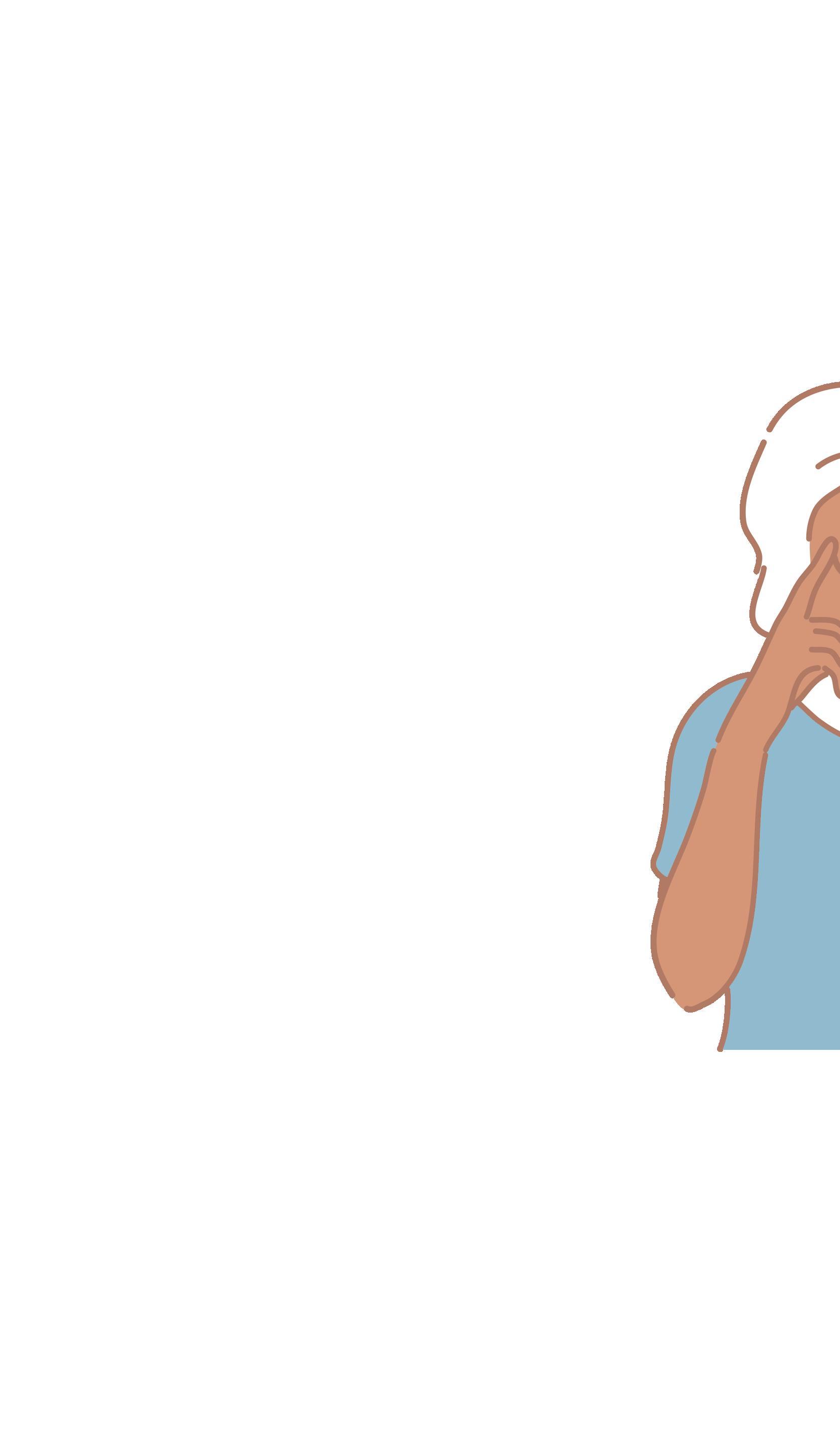
You question everything. Does he wonder about her? As she wonders about him? In Autumn, Winter, Spring, Summer. She stays in.
Wondering about him. Tortures herself. As she lies about the house. He goes out. Gets about. To him? She has become someone he sometimes mentions.
A girl he used to know, Like the summer memory of snow.
Can I get help to apply?
That doesn’t apply to bipolar disorder… does it?
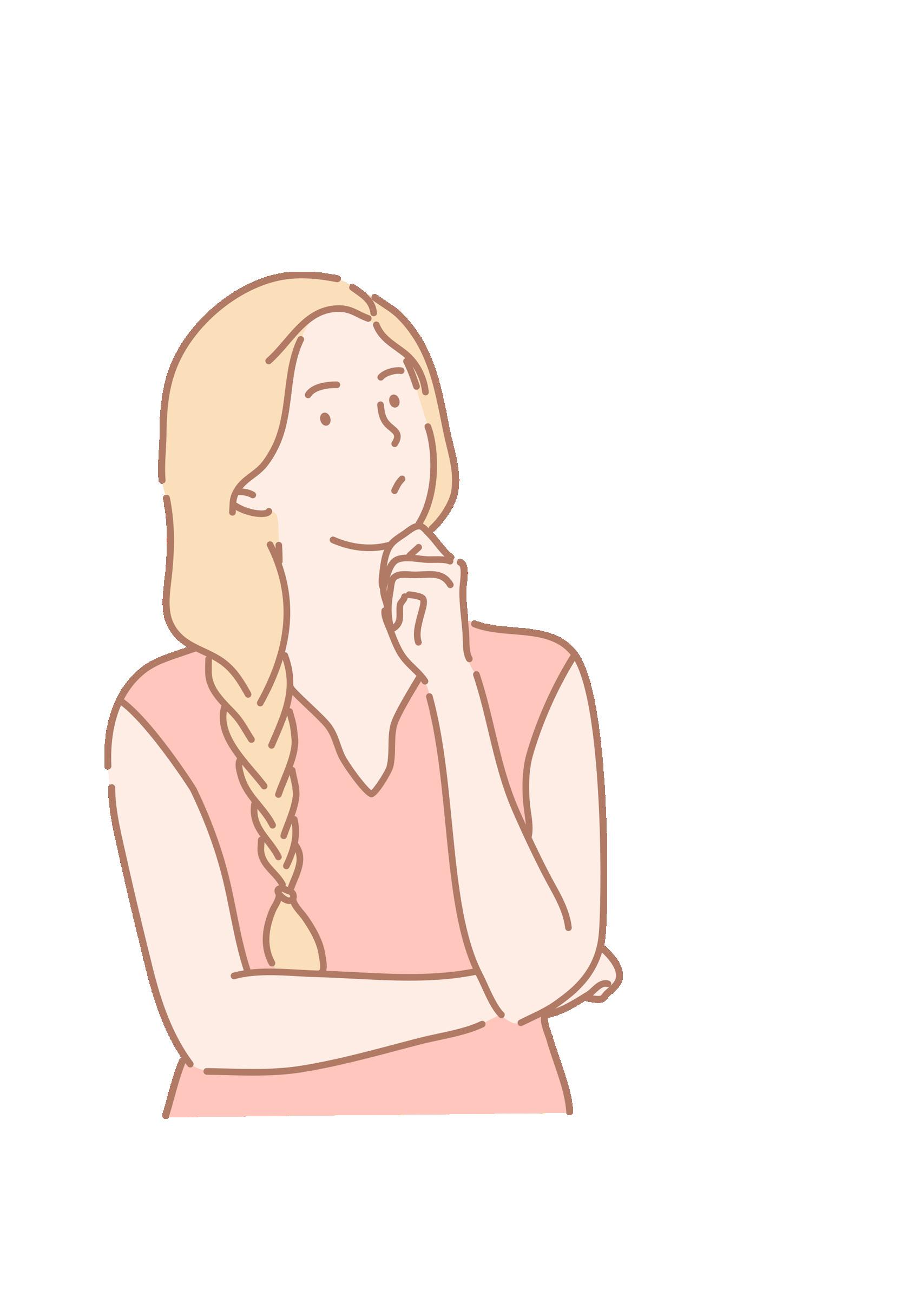
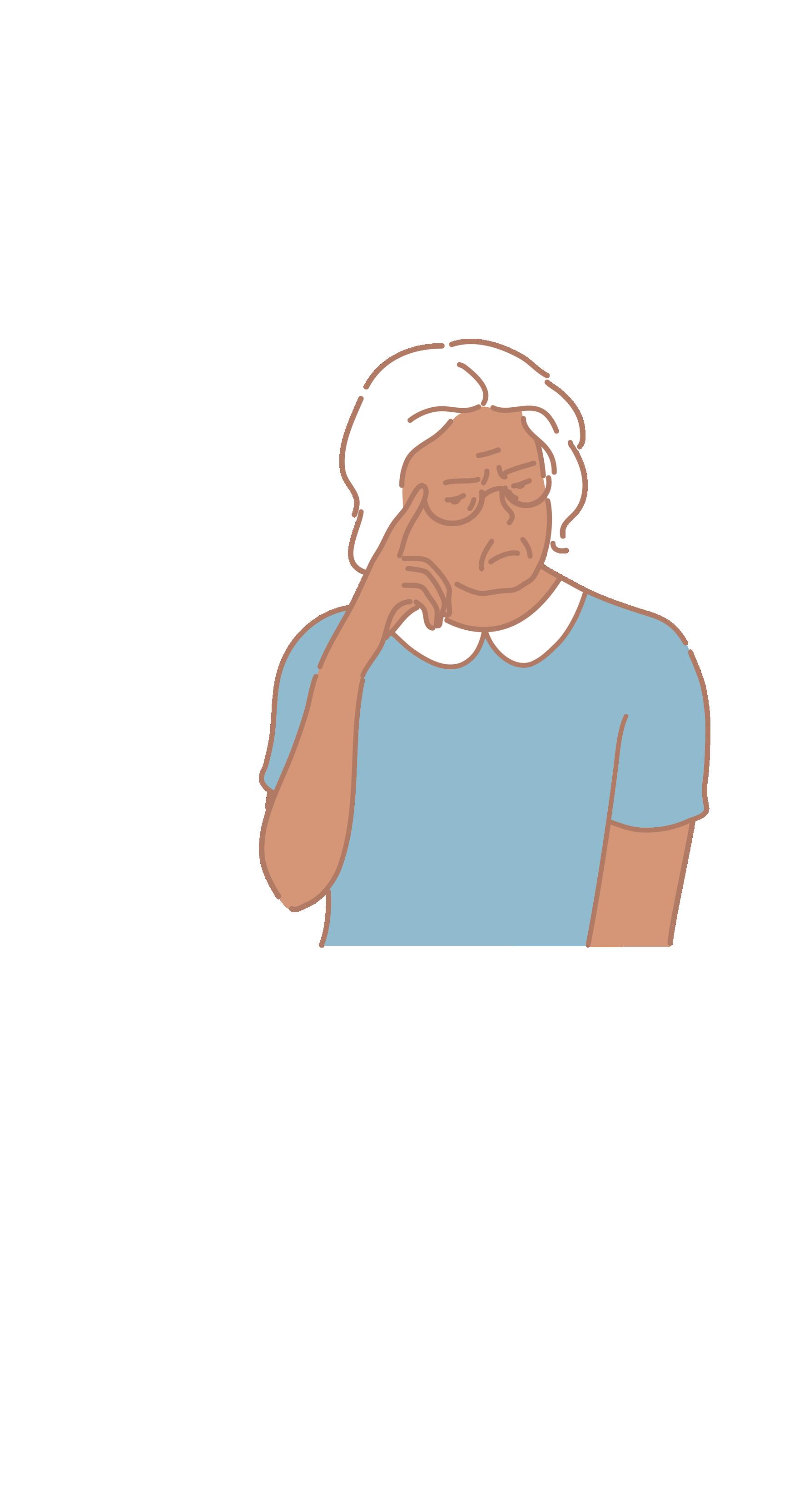
Isn’t the form long and confusing?


The first thing that many people say when you mention Child Disability Payment or Adult Disability Payment is, “I can’t apply for that. I work.”
You can apply for Adult Disability Payment if you work. Social Security Scotland doesn’t take a person’s income or savings into account when it makes decisions about who is eligible. It’s the same with Child Disability Payment. The parents’ or carers’ income isn’t assessed.
Child Disability Payment and Adult Disability Payment are designed to help with the extra costs that can come with
People often assume references to a ‘disability’ mean a physical disability. But a mental health condition is considered a disability if it has a longterm effect on your normal day-to-day activities. This is defined under the Equality Act 2010. A condition is ‘longterm’ if it lasts, or is likely to last, for 12 months or more.
There are many different types of mental health condition which can lead to a disability, including bipolar disorder.
Maureen Brown, Senior Practitioner at Social Security Scotland, is part of a team of specialist, health and social care staff. Her role is to support the team which processes and makes decisions about applications for disability benefits from people with mental health conditions.
She said: “We consider applications from people will all kinds of mental
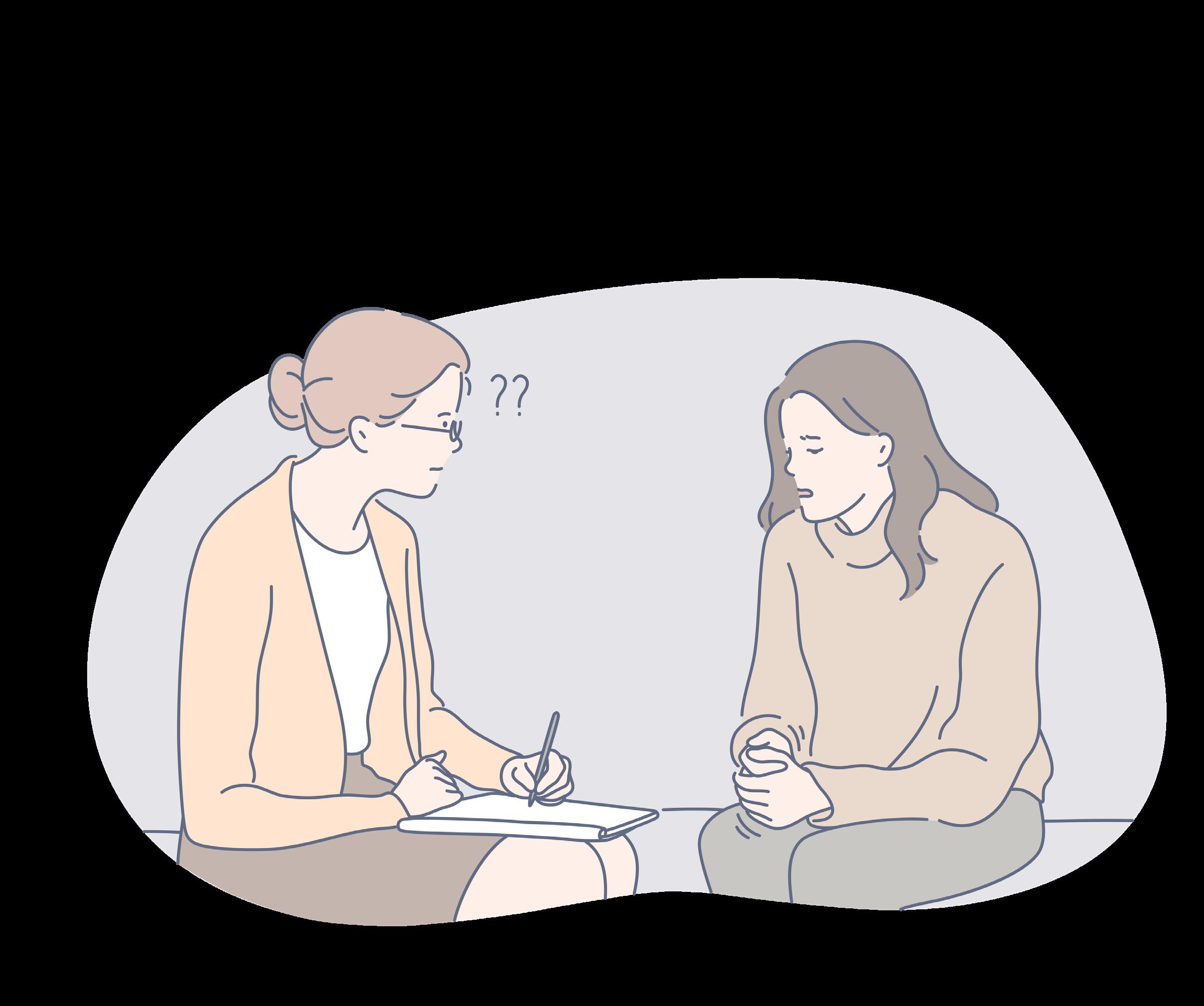
“IT’S NEVER ‘ONE SIZE FITS ALL WITH US’”
There’s also the perception that a disability is something that must literally disable people, 24 hours a day, 7 days a week. When Social Security Scotland considers an application, it looks at how a particular condition affects the person across the board.
On a good day, a person might be able to go to the shops and get their messages. On a bad day, they might struggle to walk from one room to another.
Lee Dougela, a case manager with Social Security Scotland, said:
“It’s never one size fits all with us. For example, if somebody says to me, ‘I can walk 205 metres’ that doesn’t mean they don’t have mobility problems. I consider how reliably they can do it. Can they do it uphill? Does cold weather affect them? It’s not, ‘Today, right now, you can walk from here to there so you’re not eligible for benefits.’”
Social Security Scotland is committed to making it as easy as possible for people to apply and reducing the challenges they face in getting support.
Social Security Scotland developed the application form using feedback from the people who use it. And it’s still evolving. They said they weren’t always sure how much detail to include about their disability so, the Adult Disability Payment application form was updated so images could be included, as well as text. There is also an online form and documents and supporting evidence can be provided as digital files, photos, screenshots and scans.
A lot of help is available with filling in the form. When people apply, they can get support from their local delivery team.
particular benefits and answer any questions about the application process. That support can be provided in the home, in an office, at a partnership location, over the phone or in a web chat. There are lots of options depending on what people feel most comfortable with.
People can also get free help from an independent advocate.
Anyone in Scotland, who self-identifies as disabled, can get support from an advocate to help them understand and access Social Security Scotland benefits.
Support is also available for parents, guardians and carers who are accessing benefits for a child with a disability. Parents, carers and guardians who have a disability themselves can get help too if they need support accessing any social security benefits for their child.
An independent advocate can:
• Talk to you to find out what you want and how you feel
• Listen to you
• Find information to help you make choices
• Talk to other people or groups for you
• Help you say what you think about your health care or treatment
You can use the Scottish Independent Advocacy Alliance’s Find an Advocate tool to find out what independent advocacy services are available in your area. Call 0131 510 9410. Email enquiry@siaa.org.uk .
You can also call Social Security Scotland on 0800 182 2222 and ask to be referred to VoiceAbility, a free, independent advocacy service.
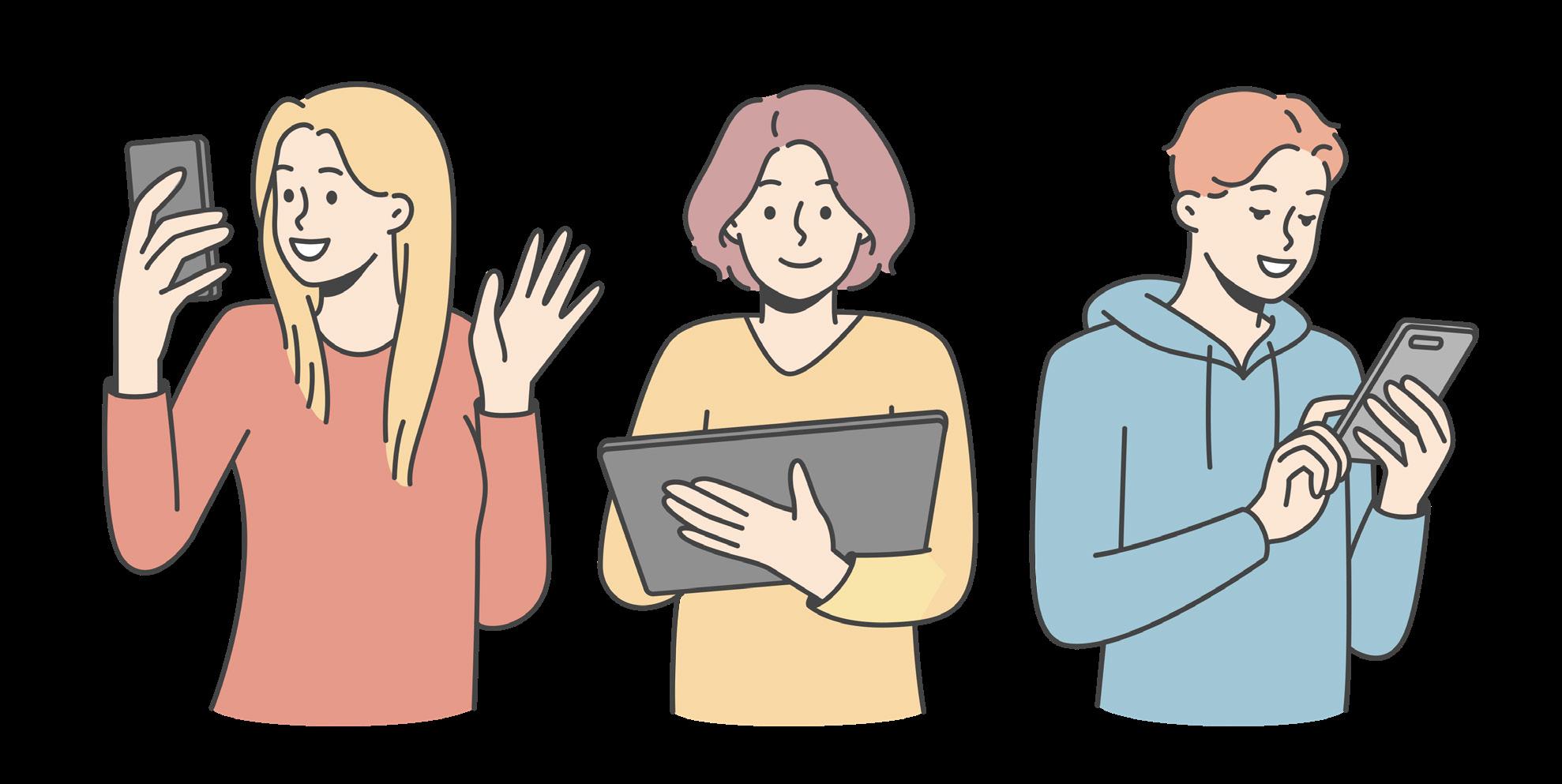
To find out more visit mygov.scot/benefits 0800 182 2222 .
The last few weeks have been really good. I celebrated a birthday (43) – sounds funny to even type that as I don’t feel 43, either physically or mentally. I guess I am in denial, or maybe I have a new lust for life?
I have written about this briefly before but a couple of years ago I fell into a really bad way. I won’t go into details, but I am very lucky to still be here, and that is not being dramatic. I was living a horrid lifestyle, day after day, for at least a year. I gave into all my addictions; I accepted my fate. I was on heavy medication that didn’t suit me, to say the least, and reality was a far-away concept. I was seeing things and hearing things that were not there. It really was a nightmare. I don’t blame myself fully –life got bad and, to be honest, it made me understand that people don’t choose addictions, they just kind of fall into them. I fell into mine, both prescription and over the counter. But I don’t blame anyone else, either. I understand life is not here to hand me roses every day.
The truth is, I enjoyed numbing myself. Years of fighting everything had left me empty. I justified it: I was alone and heartbroken, on a medication that was more addictive than anything I could imagine and feeling lost.
But along the way, little glances in the mirror and little encouraging comments from people, made me slowly turn the boat around. I am no hero, not above anyone else, it was just something told me to get better.
I started walking and I realised how out of shape I was pretty quickly – my limbs where on fire after sitting in the house for months on end. I would bump into people, slurring my speech, feeling embarrassed. But every step I made, I repaired something in me – I restored something lost. “You are an arrow pointing forward,” I told myself, as I took the next step.
You almost don’t even notice it. It’s a slow transition, but you end up becoming a little better each day. You start to see it and so do other people close to you. Eventually, you are sitting in the sun with people you care about, and things are not great – but not awful, either. That’s the key point: we must celebrate when things are even a little better. You keep going and things get better each and every day. The hard work allows for great moments, even great days.
The hardest thing to accept is that the road to recovery is hard, and you must take that first huge step when you feel you are running on fumes. That is such a daunting thought, I know, but you have it in you. Believe me when


I tell you, it is all within you. Mark it on a calendar, set the date and gear up to it, but make that healthy change – you can do it.
Fast forward to today: I am still working as a peer support worker, and it is so rewarding. I see so much in my job, but it is life –rich, frustrating, beautiful, sad, happy and everything in-between.
I had such a fun month – I went to a gig with my girlfriend and to Download Festival and had a blast. The weather was terrible, but I saw so many great bands and made amazing memories. It made that fight I was talking about earlier worthwhile. I am so lucky to be here, and I appreciate that every day.
My best friend and I went to see Suede and the Manic Street Preachers in Edinburgh a couple of weeks ago and that was another amazing cool moment in my life – I love both bands. While there are no negatives to report back (we had a brilliant time), I will tell you a story from that gig that I think shows growth…
My stories always seem to involve a bus stop or public toilets, I don’t know why. I don’t spend much time in either, honest! Anyway, there was a huge queue for the Portaloos so a security guy directed me to a men’s toilet that was bigger – a little cabin that had four urinals. There was a man standing far back to the side of the door. “Are you going in?” I asked politely. To which he replied tersely,
“Yes, I am going in, I am waiting for someone to come out because I have manners!”
I was taken aback by this. I didn’t know the rules, and I am not great at these kinds of things.
He went in, I waited in the line, holding the door and someone pushed past me because I was being too nice. The door slammed shut and I opened it again.
“And now you have let the door slam shut!” the man shouted.
“Urine for it now!” I shouted back.... Okay, so I didn’t say that – I only thought of that line four days after. I stood there, shocked at how rude and aggressive he was. I can be pretty prickly when I need to be, but I am not that person anymore. So, I responded calmly, saying, “Hey, man, I won’t let your negative energy ruin a great night.” That was all I said. I entered the toilet and a nice man who had overheard our interaction gave me a thumbsup.
I have a cognitive impairment and I usually really struggle with these things, but I was having fun at the gig and didn’t let him affect my night at all. People can be like that. I am not mad about it – maybe he was having a hard time? I wish him no ill will.
Why am I telling you this? For balance, I guess – the first half of this was pretty heavy.
Take care, pee-ple, Until next time :) Jamie x
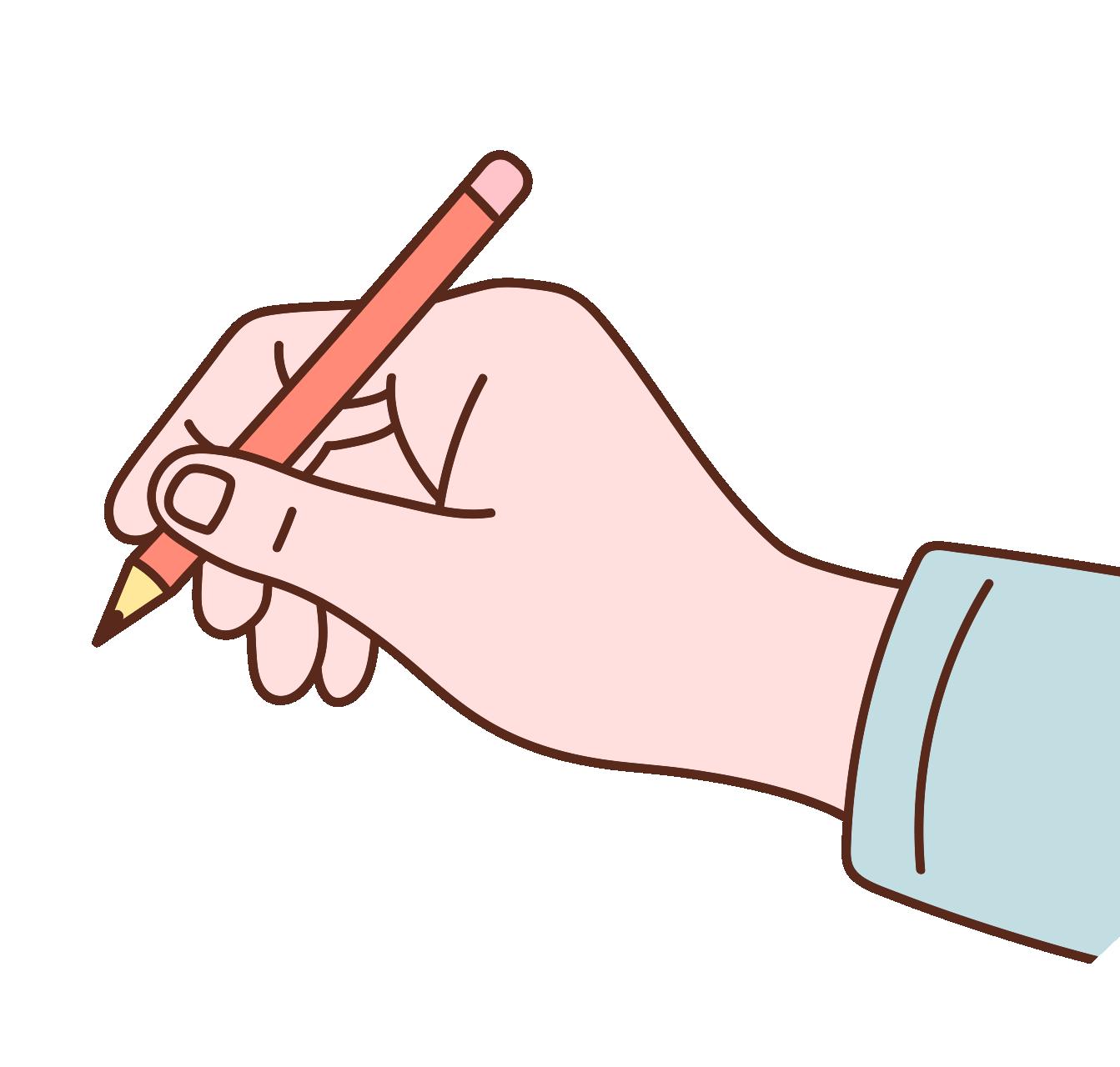

The Mental Welfare Commission for Scotland (‘the Commission’) supports individuals who use mental health services, their families, and carers, and those who provide the services.
We are often described as a mental health ‘watchdog’ – we can look into situations where someone has raised an issue about mental health and learning disability services, but we also work to improve policy to help safeguard people and their rights. Specifically, our engagement and participation team draw on their own personal experiences to engage effectively and credibly with a range of people, including their families and carers, who may find hearing about the work of the Commission beneficial. We support people to talk openly and freely without feeling judged, to feel they are being listened to, respected and also confident that their contribution is valued.
Since it was established sixty years ago, the Commission has been a leading and independent voice in promoting a society where people with mental illness, learning disabilities, dementia and related conditions are treated fairly, have their rights respected, and have appropriate support to live the life of their choice.
We do this by providing information and advice, monitoring mental health and incapacity law, and influencing and challenging service providers and policy makers. We draw on our experience of health and social care, as well as the experiences of those who need to use mental health services and their families and carers.
Although we are accountable to ministers at the Scottish Government for what we do and how we spend public money, we carry out our work and produce reports independently from the Scottish Government. By law, we must have people with lived experience and carers on our Board – this puts these voices at the heart of our decision making.
We have a unique overview of mental health and learning disability services in Scotland. Our monitoring work and our visiting programme give us insights into how laws are being used, and how that affects individual rights and effective care and treatment. We share our information with government, calling for changes in national policy and legislation where we think these are required.
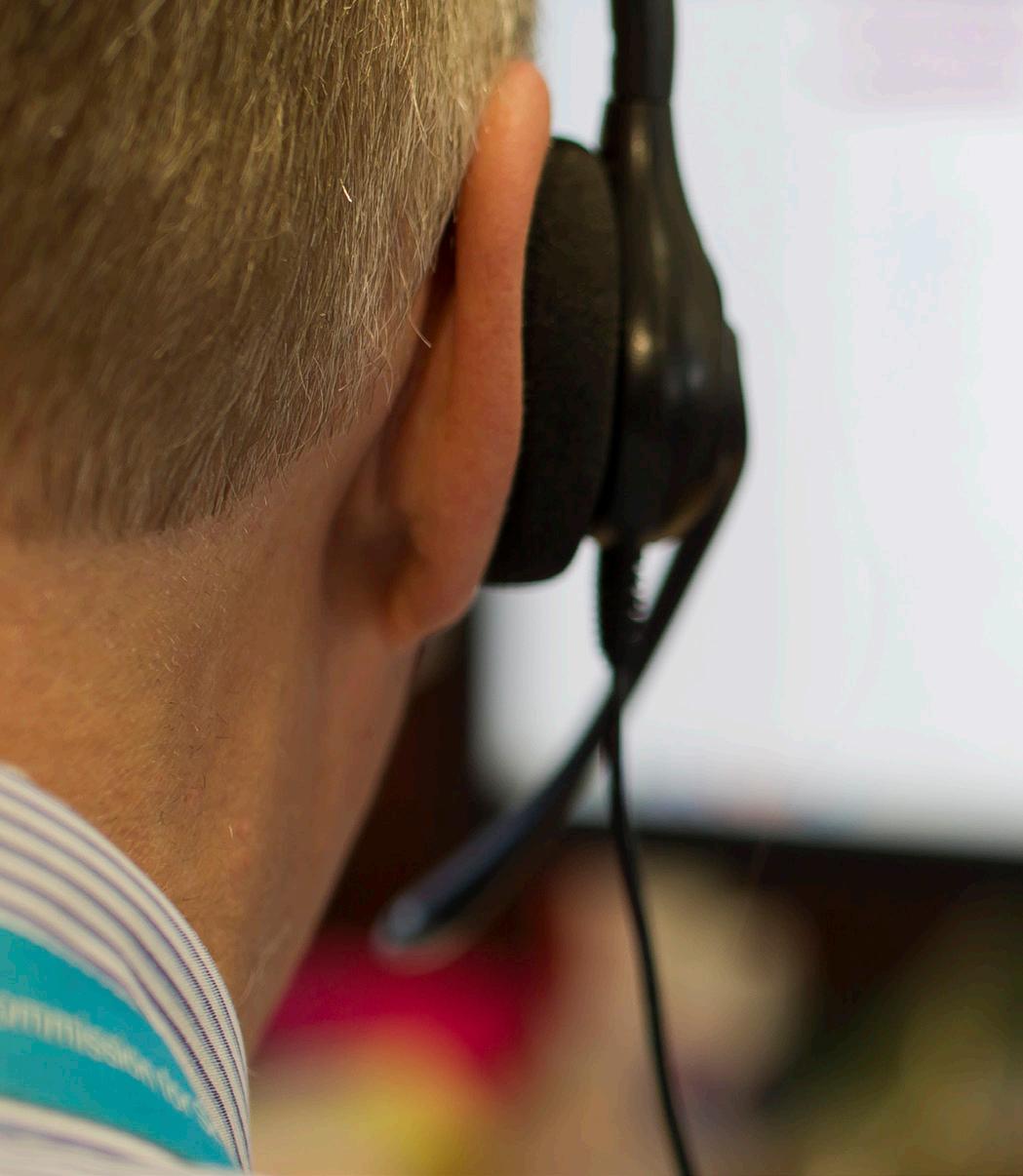
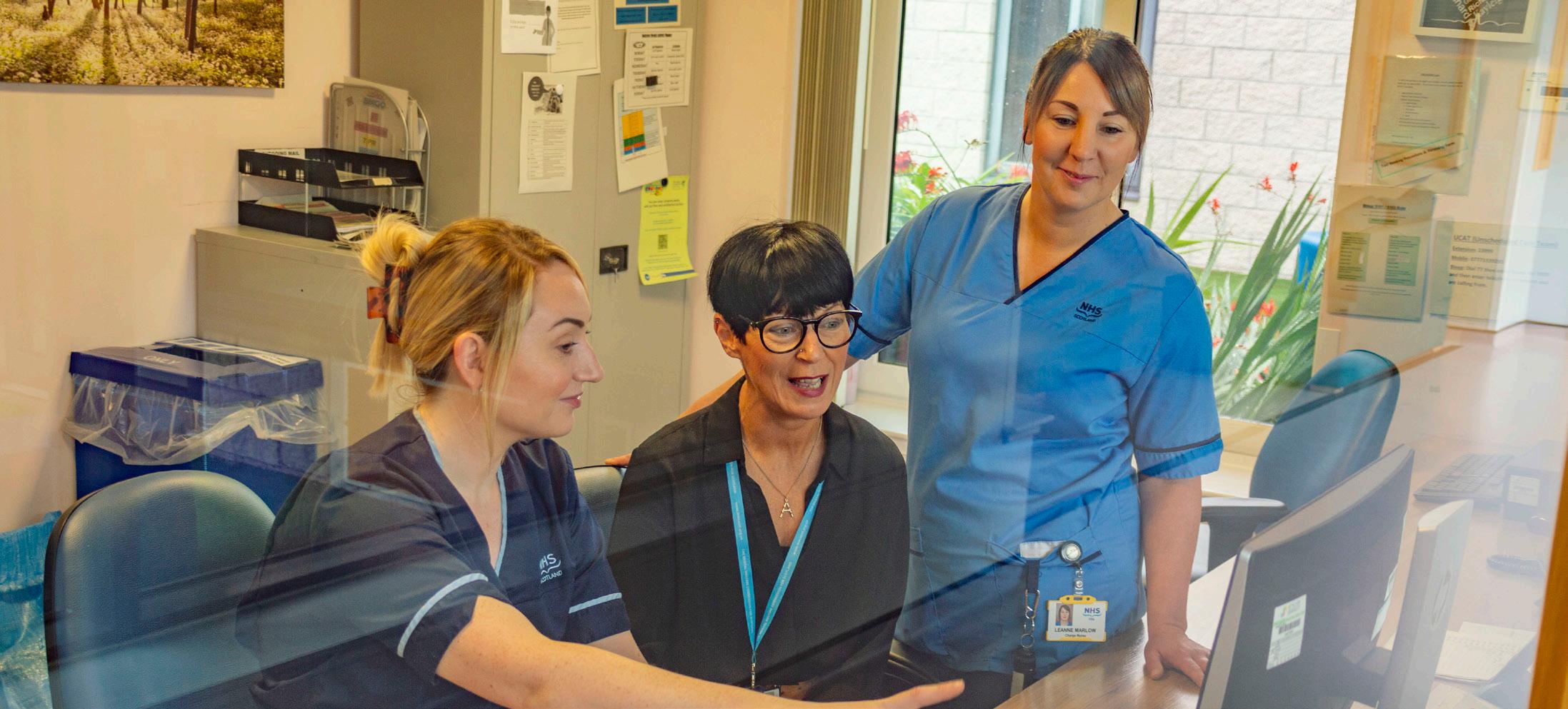
One of the best ways to check that people are getting the care and treatment they need is to meet with them and ask them what they think.
We visit people in hospital, their own home, a care home, secure accommodation, or any other setting where they are receiving care and treatment. About a quarter of our visits are unannounced. We produce reports after each visit and make recommendations for change, when necessary, which we will follow up if we feel progress is not being made.
When people receive care and treatment, we want to make sure they know their rights, and that their rights are respected. If we agree that there is a problem, we will tell the people providing care so they can put things right. Of course, we cannot help with every problem, but we will try.
We might make a visit if someone has said they are worried about a person receiving care, or if someone has been sent to hospital or has had medical treatment that they did not want. We will check if they have an advance statement and whether their wishes are being taken into account; we also ask services about how they promote these with individuals.
A person from the Commission also might visit someone if they have a welfare guardian who makes big decisions for them if they cannot make their own. We might visit to check that this is working well for them.
When we meet people on our visits, they can choose to talk to us by themselves, or they can be accompanied by someone who is important to them. They could ask a friend, carer, guardian, or advocate. If someone needs an advocate to speak on their behalf, we can help them find one.
If you need information or advice about your rights in relation to mental health care and treatment, or you are concerned about someone else’s rights and welfare, we can offer advice and information through our free phone advice line, which is open Monday to Friday, from 9am to 12pm and then from 1pm to 4pm. If we cannot help directly, we can refer you to other organisations who should be able to.
We can advise on rights and good practice to do with mental health and incapacity law, and care and treatment. If we cannot help directly, we can refer you to other organisations who can.
We won’t be able to give specific legal advice, nor comment on whether diagnosis or medication is correct. We do not take complaints about services (you need to complain locally; your advocate can help you).
We run online and in-person peer support groups across Scotland – friendly, safe spaces for anyone living with or affected by bipolar. Here’s a full list of all our groups running during August and September. Why not talk to people who get it?
To access and online support group, please visit https:// bipolarscotland.org.uk/supportgroups/ , click on the relevant calendar entry to RSVP, and you’ll be emailed a link you can use to join the group at the appointed meeting time.
(all online)
BIPOLAR BLETHER: For anyone living with or affected by bipolar in Scotland. Sunday 4 August & Sunday 1 September, 3-4pm.
18-30: For anyone aged 18-30 affected by bipolar in Scotland. Wednesday 7 & 21 August and Wednesday 4 & 18 September, 7-8pm.
FRIENDS AND FAMILY: For carers and loved ones. Monday 19 August & Monday 16 September, 7-8pm.

• Ayrshire & Dundee online group: Tuesday 6 August & Tuesday 3 September, 7-8pm.
• Dundee in-person (Dundee Volunteer and Voluntary Action, 10 Constitution Rd, Dundee, SS1 1LL): Thursday 1 August & Thursday 5 September, 7-9pm.
• Borders online group: Wednesday 7 & 21 August and Wednesday 4 & 18 September, 7-8pm.
• Fife & Forth Valley online group: Tuesday 13 & 27 August and Tuesday 10 & 24 September, 7-8pm.
HIGHLANDS & ISLANDS
• Highlands & Islands online group: Thursday 15 August & Thursday 19 September, 7-8pm.
• Highlands & Islands in-person (Café 1668, 86 Church St, Inverness, IV1 1EP): Thursday 1 August, 7-9pm & Thursday 5 September.
• Glasgow City online group: Sunday 25 August & Sunday 22 September, 7-8pm.
• Glasgow City in-person (Premier Inn, Glasgow City, 187 George St, Glasgow, G1 1YU): Wednesday 14 August & Wednesday 11 September, 7-9pm.
• Glasgow West online group: Sunday 11 August & Sunday 8 September, 7-8pm.
• Glasgow West in-person (Partick Trinity Church, 20 Lawrence
St, Partick, Glasgow, G11 5HG):
Wednesday 28 August & Wednesday 25 September, 7-9pm.
North Lanarkshire in-person (Coatbridge Community Centre, 9 Old Monkland Rd, Coatbridge, ML5 5EA): Monday 12 August & Monday 9 September, 7-9pm.
• Paisley online group: Monday 12 August & Monday 9 September, 6-7pm.
• Paisley in-person (Methodist Central Hall, 2 Gauze St, Paisley, PA1 1EP): Monday 26 August & Monday 23 September, 6-7.30pm.
• West Lothian in-person group (Bathgate Community Centre, Lindsay House, South Bridge Street, Bathgate, West Lothian EH48 1TS): Thursday Aug 8 & Thursday 12th September 7-9pm


Want to get in touch with us?
Bipolar Scotland is based at: Studio 40, Sir James Clark Building Abbey Mill Business Centre Seedhill Road Paisley, PA1 1TJ
You can contact us by phone between 9.30am – 3:30 pm, Monday to Thursday, on: 0141 560 2050, or by email on info@bipolarscotland.org.uk
We’re also on Instagram: (@bipolar_scotland), Facebook: (bipolarscotland1) and X/Twitter: (BipolarScotland).
Charity Number: SC021705 Company Number: 163306 bipolarscotland.org.uk